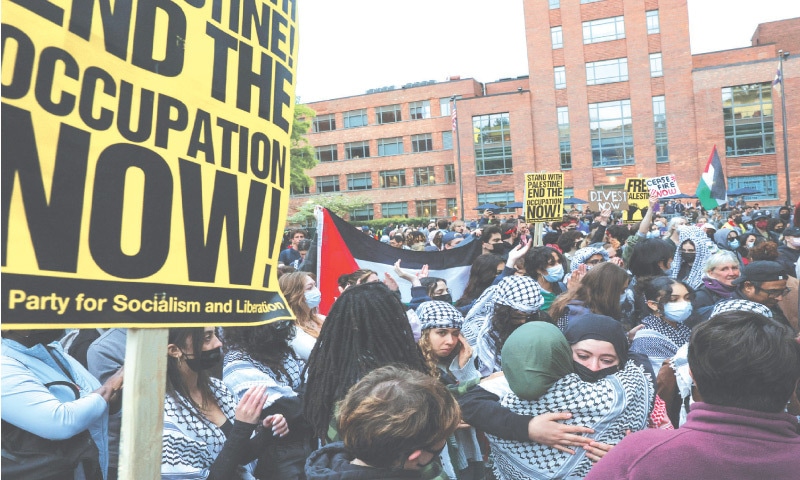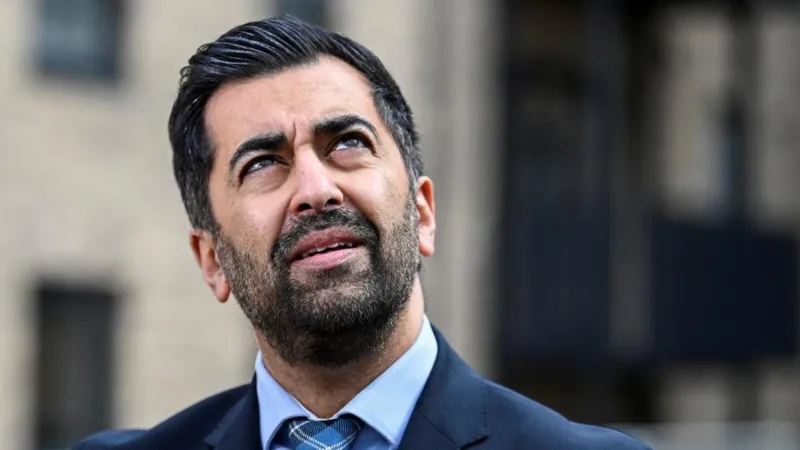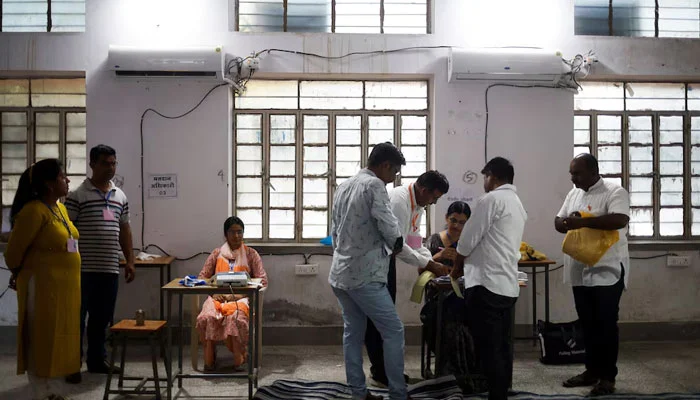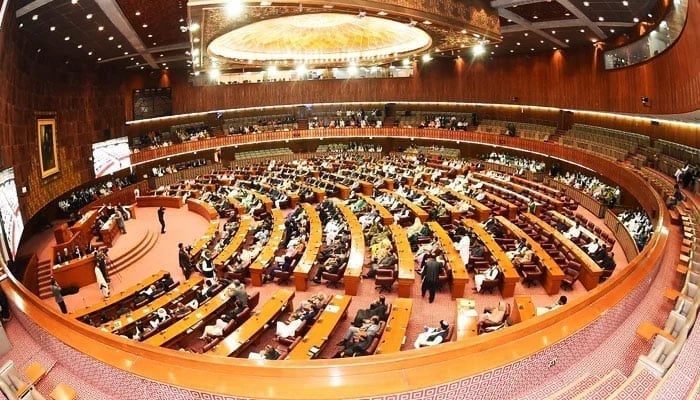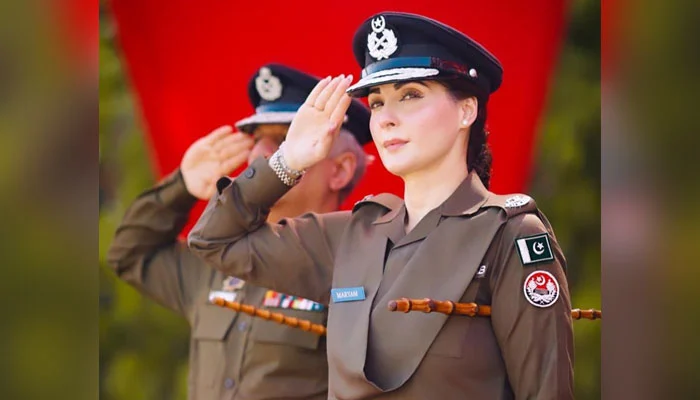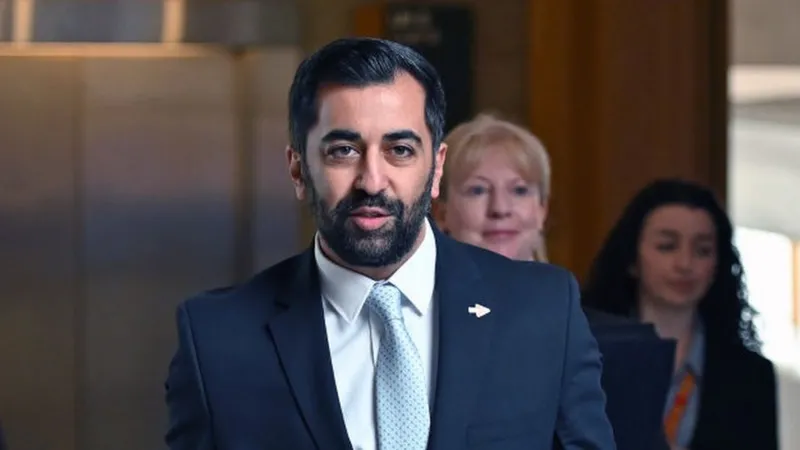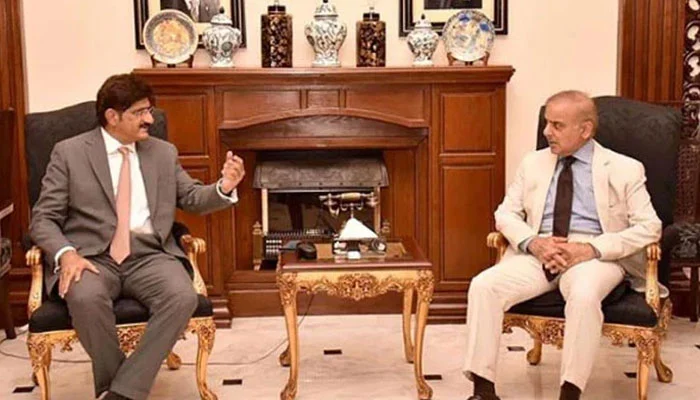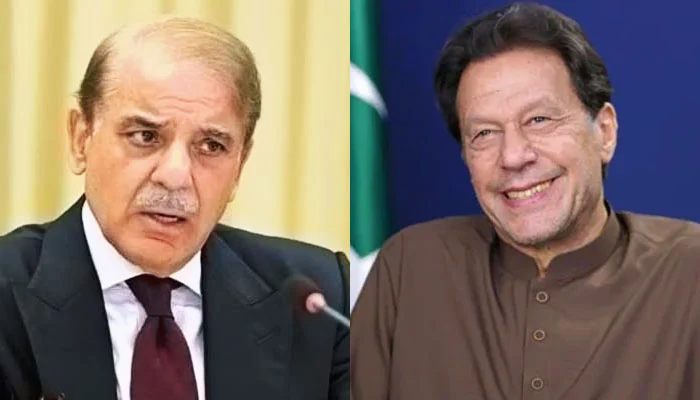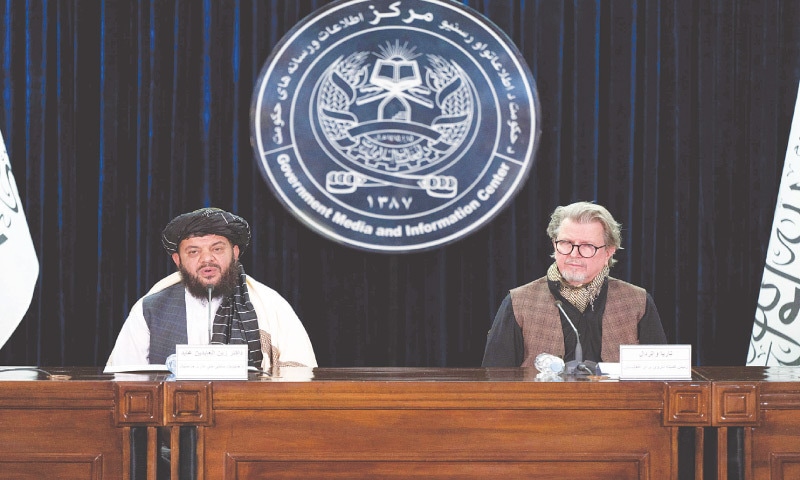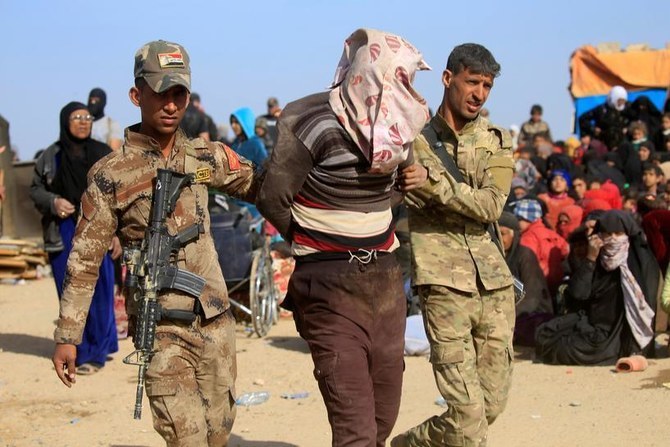KARACHI: Prime Minister Shehbaz Sharif Wednesday assured Sindh Chief Minister Murad Ali Shah of the federal government’s full support in resolving issues raised by the provincial authorities.
“We will work together like brothers, like a team in the interest of the people of Pakistan,” said the premier while chairing a meeting at the CM House.
The prime minister added that working together is the only option for the sake of progress and prosperity and that they will make no compromises on this.
PM Shehbaz told CM Murad he is present at his “beck and call”.
The premier’s assurance came after the provincial chief minister lamented the lack of support from the Centre regarding Sindh’s inclusion in new development schemes.
“In the last four years, the federation ignored Sindh in new schemes,” the chief minister said briefing PM Shehbaz in Karachi today.
Various matters were discussed during a meeting chaired by the premier, which was held following his arrival to the port city for a day-long visit after being elected as premier for the second time.
During the meeting, the chief minister hoped that the problems of Sindh would now be solved on a priority basis following the arrival of the prime minister.
“The prime minister has the ability to solve big problems quickly,” said the chief minister, who was joined by the provincial cabinet in the high-level meeting, mentioned a statement by the CM House spokesperson.
While briefing the premier about the province’s issues, the chief minister said that in the wake of the havoc caused by the 2022 floods, it was agreed that 70% of the funds for rehabilitation, relief and recovery from damage would be provided by donor agencies, while 30% will be given by the federal and Sindh governments.
After the phase of reconstruction began following the floods, donor agencies gave Rs557.79 billion, said the CM.
He added that the construction of homes for flood victims was a $500 million project in which Sindh released Rs25 billion, while the federal government did not provide any funds.
He also lamented the lack of monetary support for a project regarding the construction of schools, which was worth Rs0.011 million.
The chief minister also spoke about the non-return of funds after direct deductions, while development projects also came under discussion.
Following his briefing, the premier assured CM Murad about jointly resolving all the problems of the province.
The meeting was also attended by federal ministers Ahsan Iqbal, Khalid Maqbool Siddiqui, Musadik Malik, Jam Kamal Khan and Attaullah Tarar.
Meanwhile, provincial ministers who were present in the meeting included Sharjeel Memon and Nasir Shah, among others.
Earlier today after landing at the port city for his day-long visit, the premier paid a visit to the mausoleum of Quaid-e-Azam Muhammad Ali Jinnah and is set to hold meetings with Governor Kamran Khan Tessori and Chief Minister Murad Ali Shah.
According to a PM Office statement, the prime minister is set to meet well-known personalities of the business community and a delegation of the Karachi Chamber of Commerce and Industry in Karachi is also scheduled to call on him.
In these meetings, the prime minister will seek suggestions from the business community regarding the improvement of the country’s economy.
Matters related to the law and order situation and governance issues were expected to come under discussion during his interaction with the governor and chief minister.
The issue of increased crime rate is likely to top the agenda as Muttahida Qaumi Movement-Pakistan (MQM-P) — Shahbaz’s coalition partner — had threatened to launch protests and quit the government if the situation is not brought under control.
MQM-P is at odds with the ruling Pakistan Peoples’ Party (PPP) government (PPP) in Sindh over the increased crime rate in the city, while the provincial authorities have blamed the caretaker setup for the current situation.
In its 31st meeting on Monday, the provincial apex committee decided to intensify measures to eliminate the menace of street crimes and abductions for ransom to address the increasing trends of armed robberies and activities of katcha (riverine area) bandits.
It was decided to adopt special measures for monitoring the sale of stolen or snatched mobile phones and vehicles as spare parts or in their complete form in the markets of Karachi.
Sindh Home Minister Ziaul Hassan Lanjar and Inspector General Police (IGP) Ghulam Nabi Memon, while briefing the meeting, said that street crime particularly mobile snatching and four-wheeler and two-wheeler theft has decreased due to improved policing, however, the cases of four and two-wheeler snatching have shown a slight increase.
Comparative figures for the first three months (January to April) of 2023 and 2024 indicate a decrease in the number of theft cases reported, according to the briefing given to the body.
In 2024, 15,345 two-wheelers were stolen which is 953 cases less than the 16,298 incidents reported in 2023. Similarly, the theft of four-wheelers decreased by 145 cases with 520 vehicles stolen in 2024 as compared to 665 in 2023.
The number of mobile phones snatched also showed a decline, with 6,813 cases reported in 2024 as compared to 8,688 in 2023, indicating a decrease of 1,875 cases. According to the statistics, there has been a significant increase in the snatching of four-wheelers and two-wheelers.
In 2023, 60 two-wheelers were snatched, and this number increased to 80 in 2024. Similarly, 1,805 two-wheelers were snatched in 2023, while the number of cases rose to 3,094 in 2024. However, the overall figures of street crime have shown a decrease of 1,613 cases.
In 2023, 27,680 cases of street crime were registered, while the number decreased to 26,067 in 2024. The meeting was reported that the police conducted 467 encounters in 2024. In these encounters, 67 criminals were killed, 489 were injured and 1,766 were arrested. The weapons recovered from the criminals included one SMG, 2,111 pistols, 30 rifles, seven shotguns and 18 grenades.


